To help you navigate the unique difficulties, dilemmas and demands that dyslexic job hunting entails. We’ve teamed up with Target Jobs to bring you this 5 part blog post on dyslexic graduate job hunting. Read other posts in this series here.
If you need any assistance when reading this post please note Browsealoud is installed on this site. Click the headphone logo in the top left corner of the screen to launch the assistive toolbar.
Handling an interview
Job interviews can be a source of stress for any student but particularly for those with dyslexia. Consider requesting a list of the interview questions beforehand or asking if the interviewer can put the questions to you one by one, in chronological order, avoiding multiple questions.
You should also prepare ahead of time and write down detailed answers to questions you could be asked. Dr Elizabeth Bradley, careers adviser for disabled students and graduates at the University of Central Lancashire, advocates using the STAR technique to structure an answer to questions where you give evidence from your experiences. She says,
‘Memory and recall can be an issue for people with dyslexia so the STAR technique can be used to trigger memory.’
This means that, for each answer, you should explain the Situation of the experience, the Task you were set to do, the Action you took to complete the task and the Result of your actions. You can read more about the STAR technique here.
Talk the talk before you have to
When you are offered an interview, or even before, request a mock interview from your careers service or stage one with a friend. The adviser can use the job specification to formulate interview questions and give you feedback on your responses. You could also try recording yourself answering questions so that you can listen back to what you said and see where you could improve.
This video I found online is a little cheesy but has some great advice about the do’s and don’ts of interviewing. BTW you don’t need to click the button at the end, unless you really really want to.
During the interview, take your time and don’t rush your answers. Don’t feel embarrassed about asking the interviewer to repeat the question if you need to hear it again. Bear in mind that some interviewers have had little experience of dyslexia so expect questions about the adjustments you’d need in the workplace. However, don’t assume that the interviewer will have a negative view. If you present your dyslexia in a positive light and highlight the skills you’ve developed from it, your experiences could help you get the job.
Elements of this post were originally published on the Target Jobs website
Read Part 5 HERE:
To make sure you don’t miss any of the installments of this 5 part post, you can subscribe to this blog (top left corner of this page) or follow us on Facebook and Twitter.


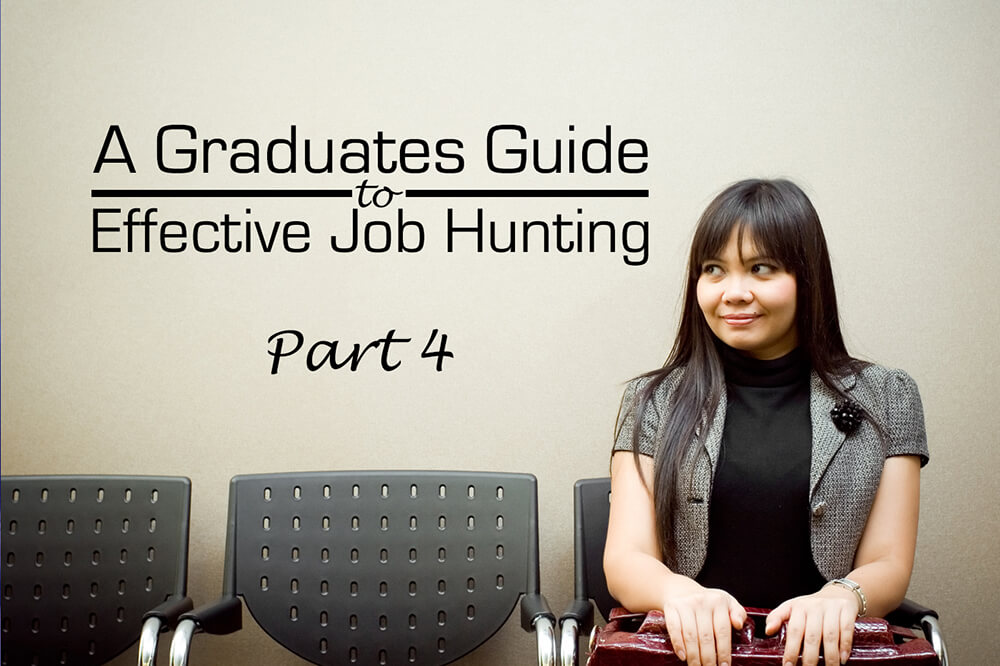
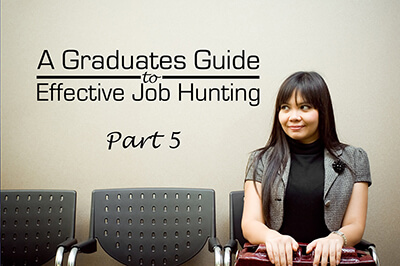
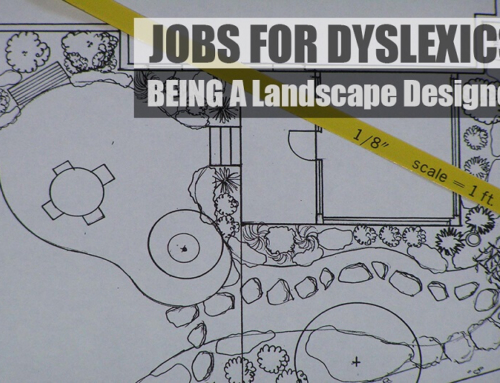
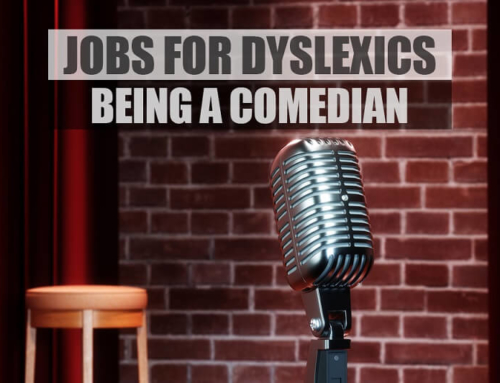
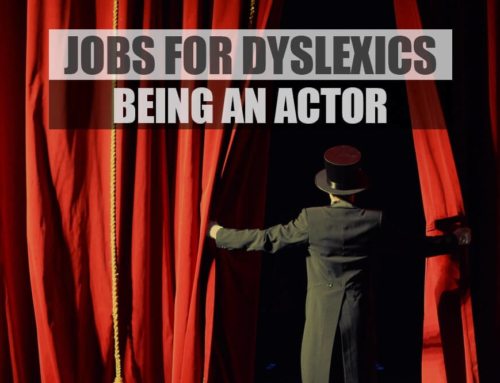


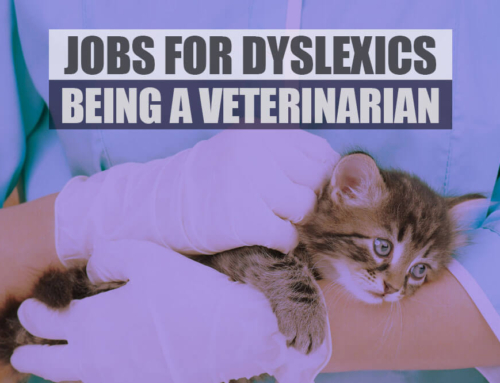
Leave A Comment